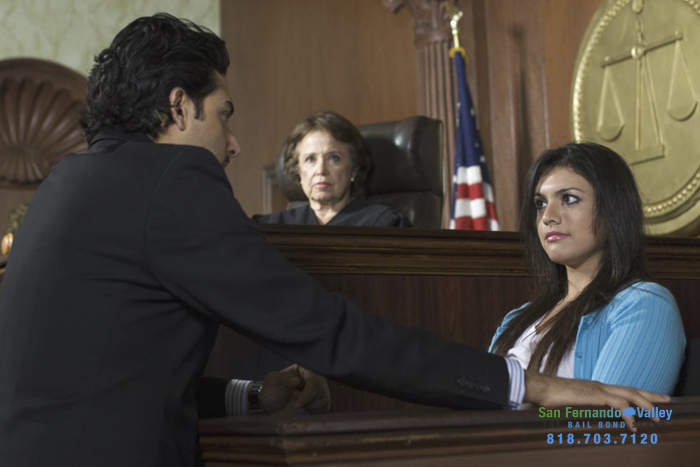
23 Apr Types of Pleas a Defendant can Enter for Court
When a person is arrested for committing a crime, they will have an arraignment hearing before the actual trial begins. At a defendant’s arraignment hearing, they learn the charges that are being filed against them. The defendant will then be asked to enter a plea, which they will do so after consulting with their lawyer.
There are 3 options for entering a plea:
-
Guilty
When a defendant pleads guilty, they are conceding and admitting that they did commit the crime for which they were arrested. They waive all rights. The court must consent to this plea. In this case, no trial happens. The judge will announce the consequences and punishment.
Not Guilty
When a defendant pleads not guilty, they are maintaining their innocence in the matter. The police, detectives, and prosecutors will have to prove the case in court beyond a reasonable doubt. The defendant will then begin to prepare for a trial.
No Contest
When a defendant pleads no contest, they are not admitting guilt, but they can be punished. In this case though, it cannot be used against them in another proceeding. For example, the defendant can plead no contest to a criminal assault charge and they will be sentenced for punishment. If they are facing a civil suit, this criminal assault charge cannot be used against them. The court must consent to a No Contest plea.
If a defendant pleads either “not guilty” or “no contest,” then the judge at the arraignment hearing will proceed to announce whether or not the defendant can post bail to be freed from custody for the duration of trial. If they are denied bail, they will remain in custody. If they are granted bail, then it is up to the defendant and his or her loved ones to come up with the money, and or bail bond, so that the defendant can be released.
If the defendant pleads guilty, then they will not be granted bail because they will report immediately to their punishment.

